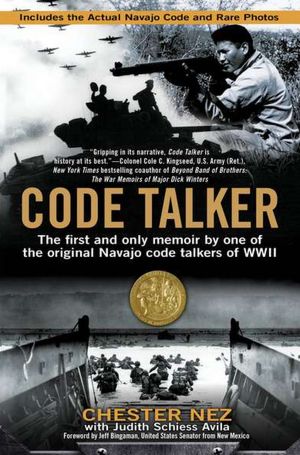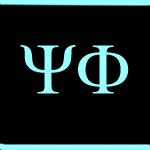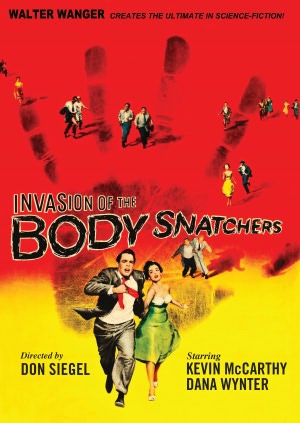 Check you list of equations and decide which one makes best use of your information to find the desired answer. Sometimes, you have to add to your treasure trove of information by solving for a value that isn't your desired one, but is a value that will help you towards your final goal. So what? It is just one little additional step, and for this chapter, you are still working with the basic kinematics formula base. Monday's discusson of free fall will rely on the same equations that we used today, so you'll get more practice. Tuesday - general review. Wednesday - Chapter 2 exam. Be there or be square.
Check you list of equations and decide which one makes best use of your information to find the desired answer. Sometimes, you have to add to your treasure trove of information by solving for a value that isn't your desired one, but is a value that will help you towards your final goal. So what? It is just one little additional step, and for this chapter, you are still working with the basic kinematics formula base. Monday's discusson of free fall will rely on the same equations that we used today, so you'll get more practice. Tuesday - general review. Wednesday - Chapter 2 exam. Be there or be square.Physical Science - Monday's discussion of graphing will (again) be a review for you, but it will be an important review. We do a great deal of graphing and graph interpretation in this course and I expect that graphs will be properly formatted and presented when submitted with an assignment. LoggerPro will make many graphs for you, but homework problems and other lab activities will require that you craft graphs from data or interpret the information being presented by a graph. These are skills that will follow you through ALL of your science courses. For Wednesday's test, start gathering questions to bring to Tuesday's review. If you need additional help, see me on Monday to schedule a time. If you need extra problems for practice, get them Monday. Don't wait until the last minute to start preparing. I can't stress this enough.
Honors Physics - Motion studies start all physics courses and the basic kinematics formulas are the first set of "real" physics formulas that students encounter. They are good for giving you practice with formula-based problem solving and also for bringing critical-thinking skills to the problem-solving party. Some of your homework problems were straightforward. Some required brain-power. This will be the pattern for every topic that we encounter from now on. Don't forget calculators on Monday and don't neglect any portion of this chapter's work - lecture, lab, reading, etc.







No comments:
Post a Comment